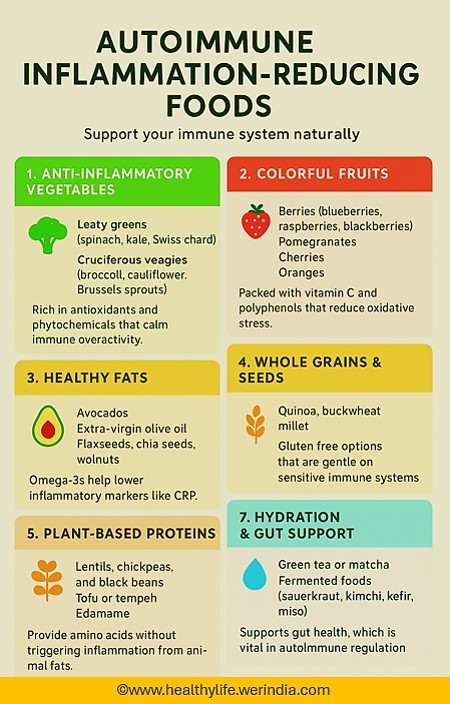
How to maintain overall health during menopause?
Keeping fit body is important to maintain good health. During menopause, keeping healthy body and mind is important. Menopause is an important transition in a woman’s life. Menopause is defined as the absence of menstrual periods for 12 months. It is the time in a woman’s life when the function of the ovaries ceases. The process of menopause does not occur overnight, but rather is a gradual process. This so-called perimenopausal transition period is a different experience for each woman. The average age of menopause is 51 years old, but menopause may occur as early as the 30s or as late as the 60s. There is no reliable lab test to predict when a woman will experience menopause. The age at which a woman starts having menstrual periods is not related to the age of menopause onset. Use it as a reminder to take good care of yourself.
Here are some tips how to keep up good health during menopause period.
Stay fit:
- Prevent weight gain. Women tend to lose muscle mass and gain abdominal fat around menopause. Even slight increases in physical activity can help prevent weight gain.
- Reduce the risk of breast cancer. Physical activity during and after menopause can help you lose excess weight or maintain a healthy weight, which might offer protection from breast cancer.
- Strengthen your bones. Physical activity can slow bone loss after menopause, which lowers the risk of fractures and osteoporosis.
- Reduce the risk of other diseases. Menopause weight gain can have serious implications for your health. Excess weight increases the risk of heart disease and type 2 diabetes. Regular physical activity can counter these risks.
- Boost your mood. Physical activity can improve your psychological health at any stage of life.
- Go for zoomba, dance class or yoga activities. Join group activities
- To keep anger under control practice meditation and yoga.
Diet:
- Eat regularly – skipping meals will make it difficult to achieve your nutritional requirements or maintain a healthy weight.
- Eat at least 5 portions of fruit and vegetables a day for cancer and heart disease protective antioxidants and include low glycaemic carbohydrates at each meal including oats, pulses, grainy breads, pasta and other whole grains like barley, cous cous and bulgar wheat. Eating low GL will help with weight control and mood swings.
- Eat some phytoestrogen rich foods every day such as soya milk, yoghurts and desserts, pulses like chickpeas or butter beans, soya and linseed bread and 2-3 servings a day is a good amount to aim for and may help reduce flushing and help lower cholesterol.
- Include 2-3 daily servings of low fat dairy foods or calcium enriched soya alternatives to keep calcium intake high and maintain bone density
- Eat oily fish at least once a week, and limit salt and saturated fat for a healthy heart
- Look at labels: The GDA labels on the front of over 20,000 familiar supermarket foods help you to check, compare and choose the right foods for you
- Keep a watch on stimulants like caffeine (3-4 coffees/tea per day) and alcohol (less than 14 units/ week) and of course don’t smoke
- Take regular, moderate physical activity – walking, cycling, dancing are all great – aim for 30-45 minutes a day, this is vital for keeping weight under control
- Keep a healthy body weight and shape – aim to keep your waist measurement below 80 cm or 32 inches, and try not to go above a dress size 16.
- Try not to focus on one specific food or taking supplements – it’s the whole diet approach which will bring you the most benefit
- If you still feel a bit lost as to where to start, try keeping a food and activity diary for a few days, this will help you home in a few areas which need most attention.
References:
Image credit: Photo by Mert Guller on Unsplash
Author: Sumana Rao | Posted on: June 25, 2015






















Write a comment